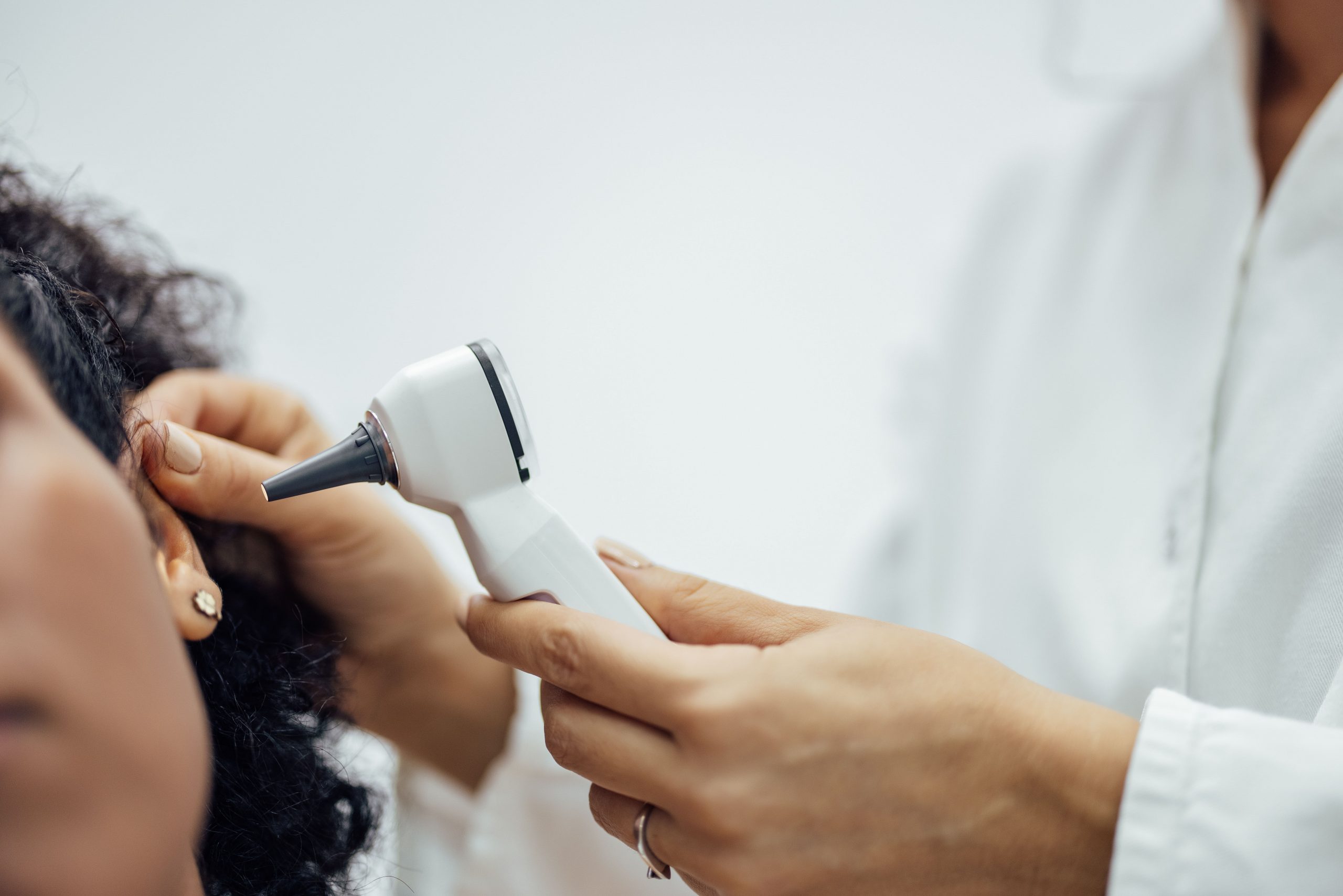Ear infections come in many forms, such as middle ear infections or outer ear infections. They can be caused by bacteria, viruses or even from your adenoids; the most common being acute otitis media (AOM).
AOM typically begins when a child suffers from a cold or other upper respiratory illness and is most common between 6-18 months of age. While AOM typically resolves on its own, some children may require antibiotics to combat the infection.
Another type of ear infection, commonly referred to as glue ear, occurs when the fluid in your middle ear becomes too thick and clogs up your eardrum. This condition is particularly prevalent among young children who are more prone to recurrent ear infections or those with cleft palates.
Infections of the eardrum can be extremely painful and lead to fever. Additionally, they may cause hearing difficulty as well as vertigo (dizziness). In 5% of cases, the eardrum may rupture.
Sometimes, doctors will attempt to drain the ear with an instrument. Additionally, they may use a special device known as a pneumatic otoscope to look inside to check for any fluid behind the eardrum.
Other tests doctors may perform to help diagnose an ear infection include tympanometry, which measures how flexible the eardrum is with sound tones and air pressure. While not always used, this test can be extremely helpful in determining whether or not fluid buildup has caused damage to the eardrum.
If your ears do not clear up after taking antibiotics, it is essential to speak to your doctor. They can diagnose if there is an issue and suggest additional treatments such as antibiotics. They may also suggest seeing an ENT specialist to identify the source of your issue.
Curing an Ear Infection:
Oral antibiotics are usually the first line of treatment for most ear infections, which can be administered as pills or drops. While this method works effectively for most types of ear infections, it won’t make them go away quickly.
You may want to have your ear examined by an ENT specialist, who can administer stronger drugs that will clear up the infection faster and reduce its likelihood of recurring. They may also insert tubes into your ears so fluid can drain more easily.
Avoid Smoking: Smoking increases the risk of developing ear infections. If you smoke, try to quit or stop as soon as possible.
Breastfeed your Baby: Breastfeeding your baby can reduce the likelihood of ear infections, as the milk contains antibodies which strengthen your child’s immune system. According to the American Academy of Pediatrics, breastfeeding should continue for at least 12 months.
Maintain your child’s immunizations: Immunizations can help protect against ear infections, as well as stopping you and your child from spreading germs that lead to colds.



